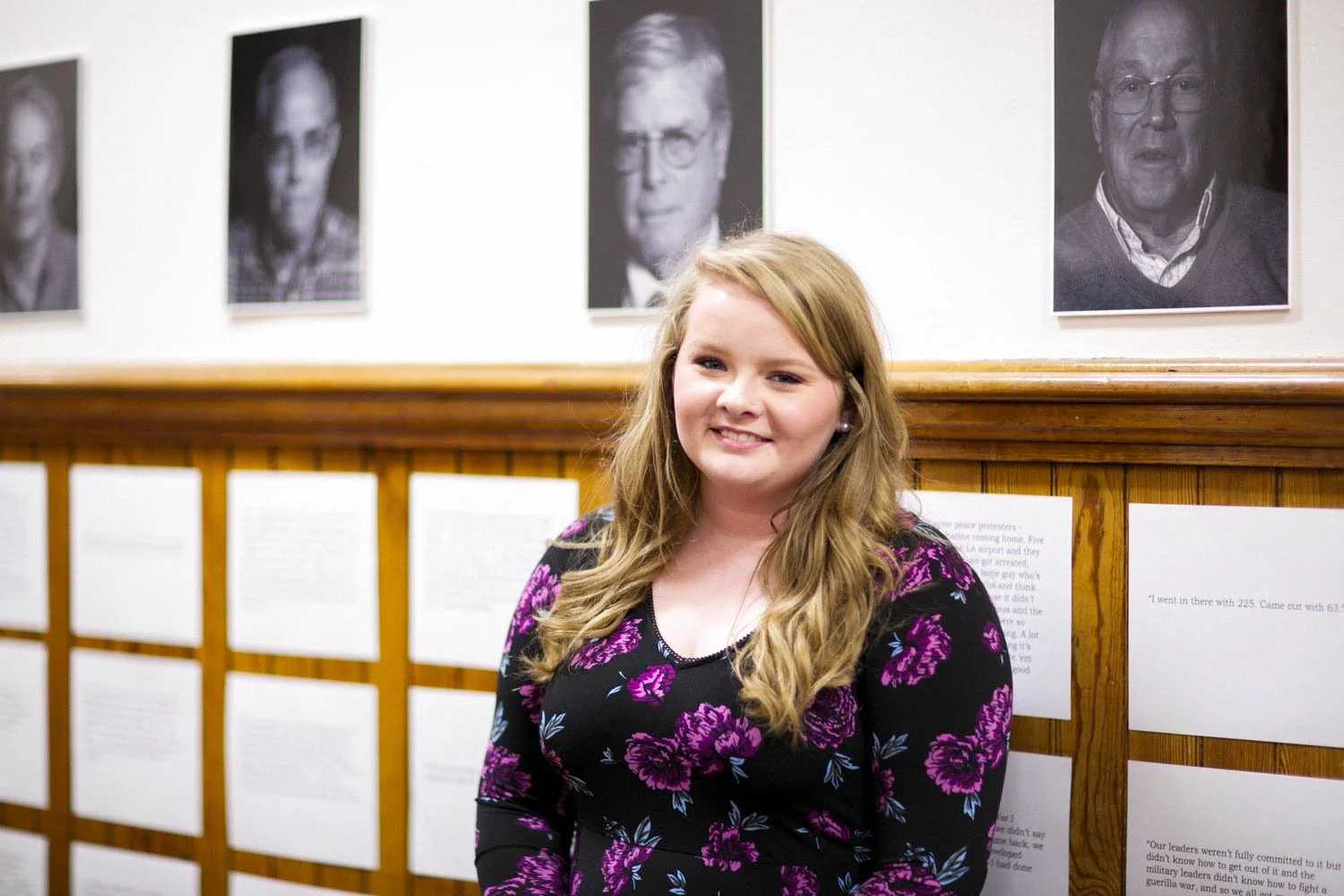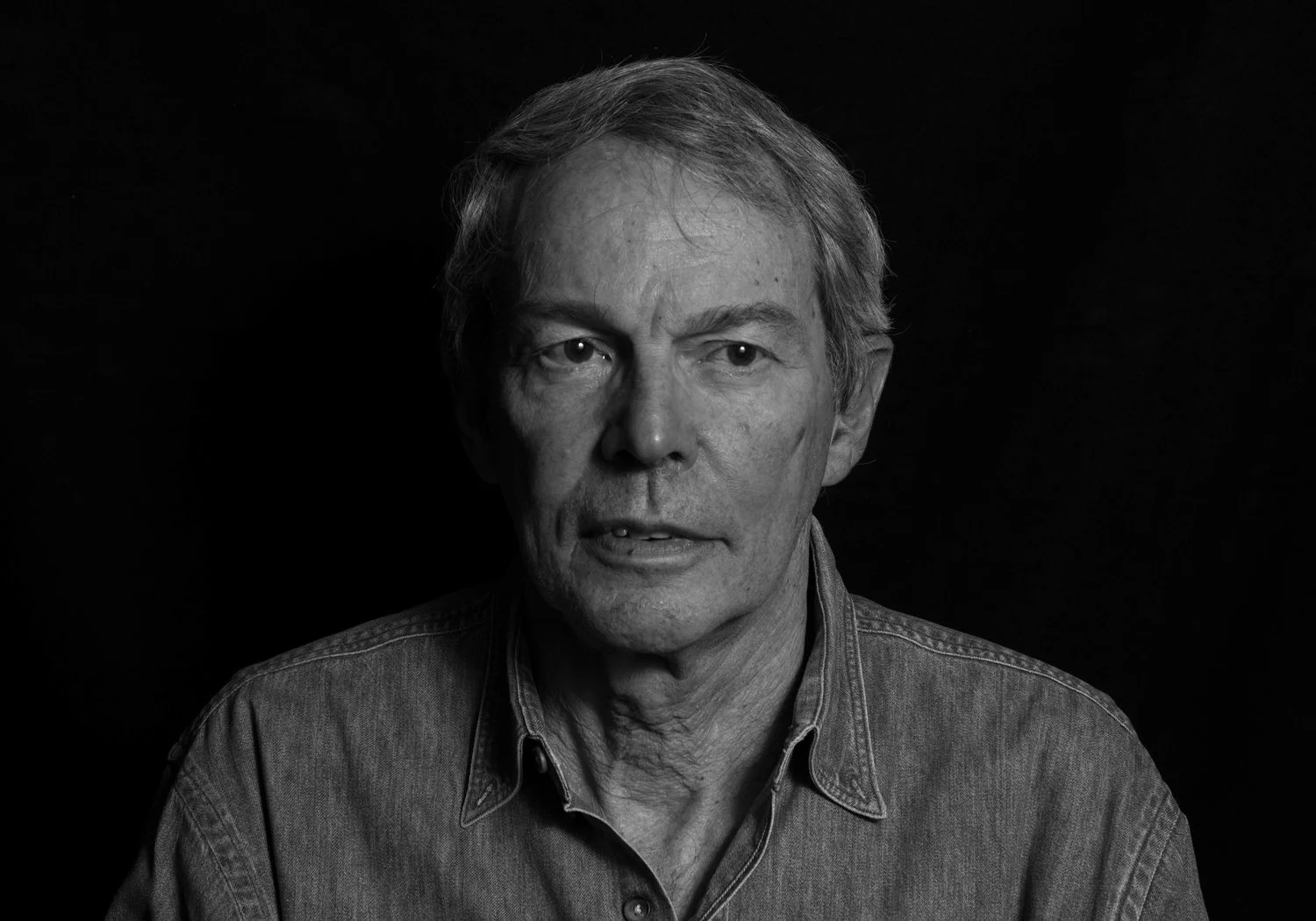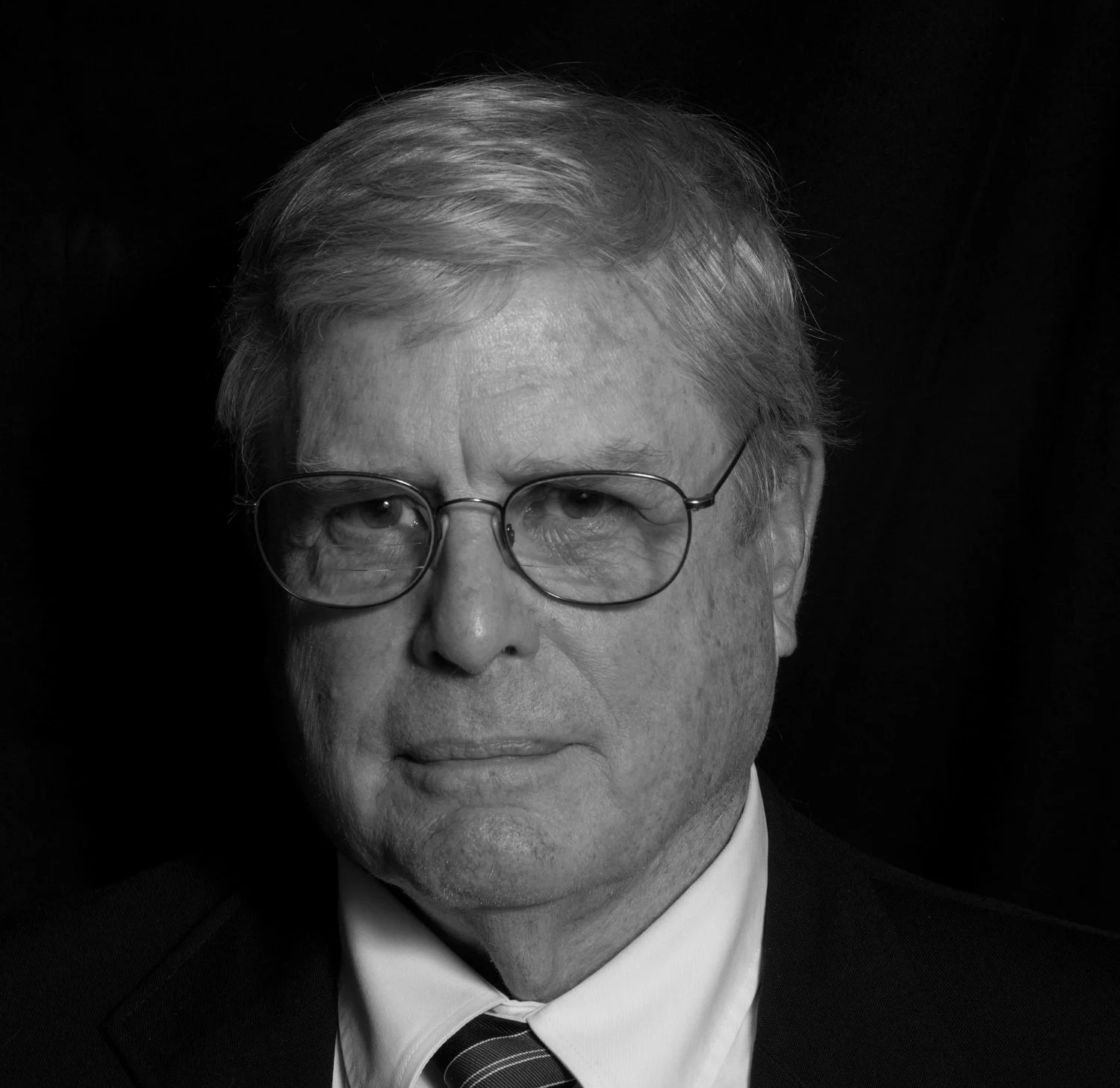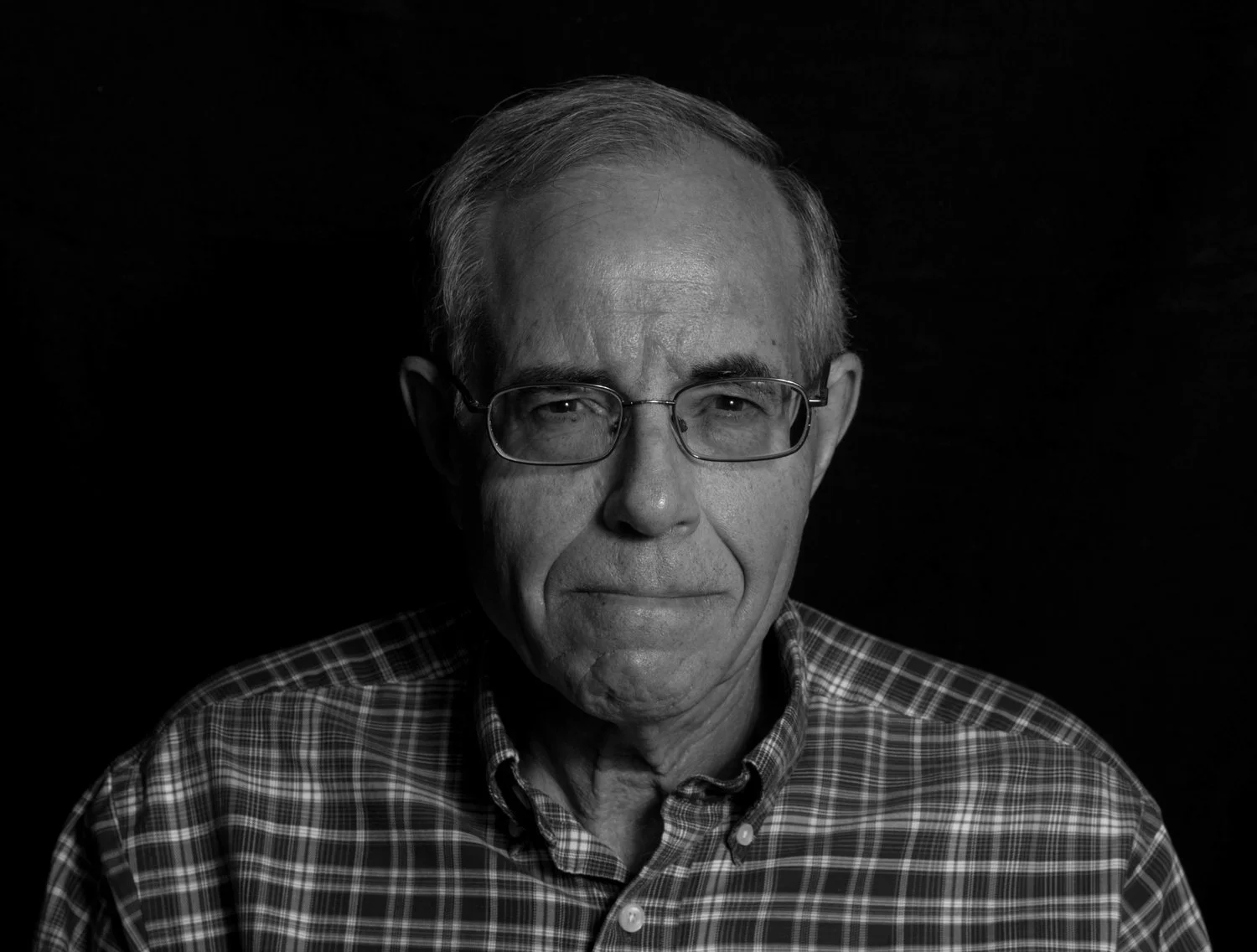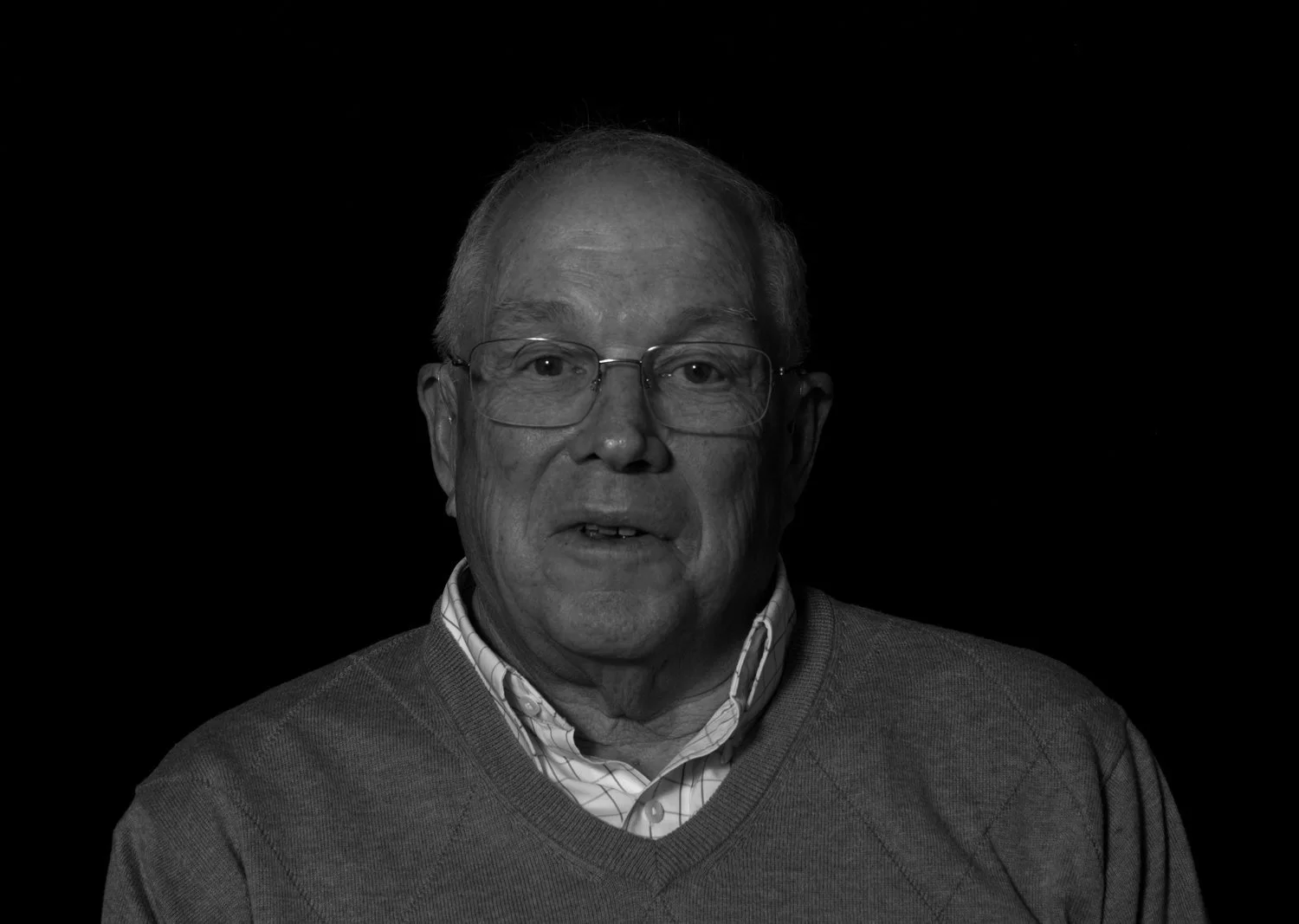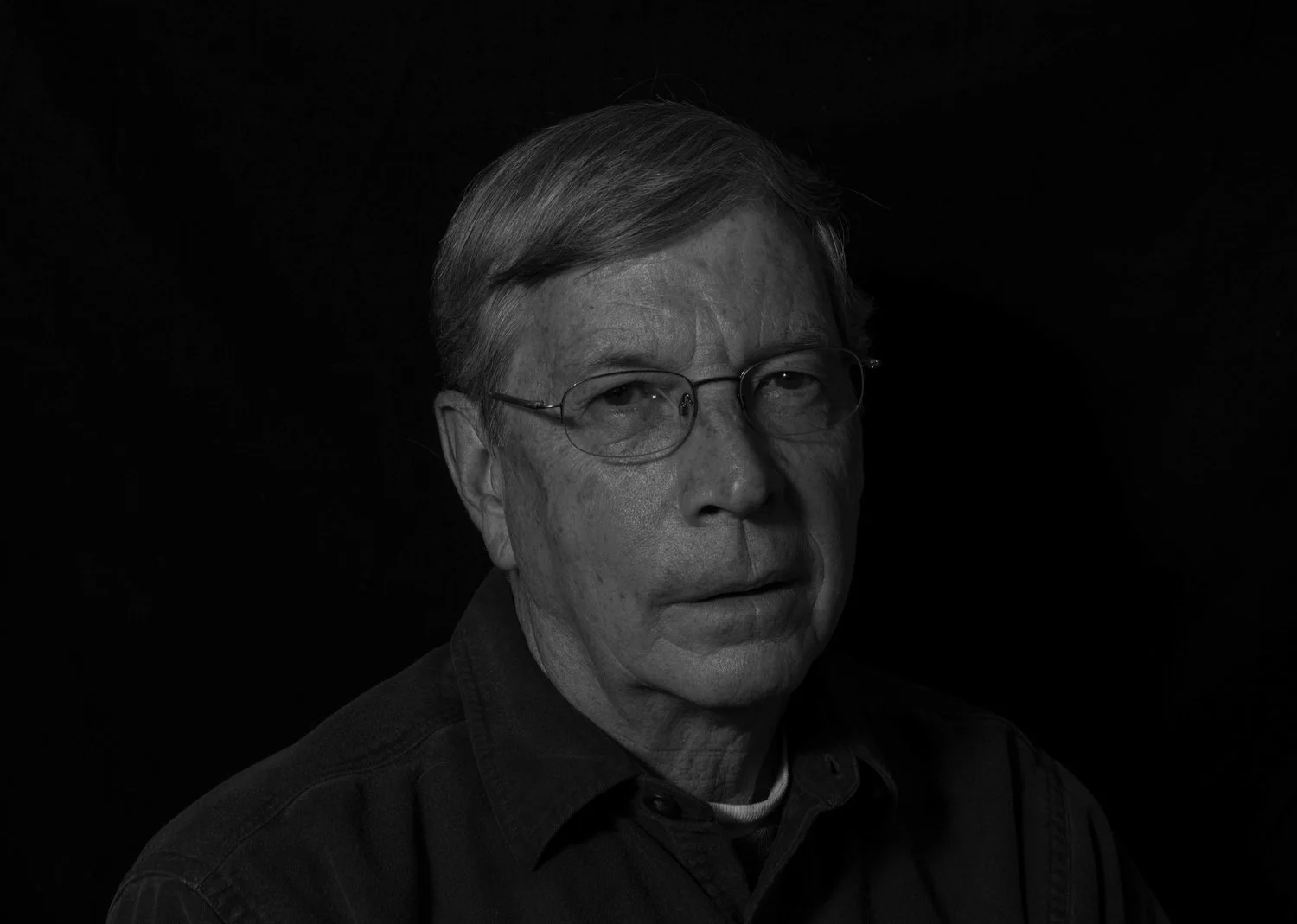The Things They Carry
MSA senior, Anna Fickley, exhibited her photography and oral history project last week in the halls of Old Main. The exhibit tells powerful stories through interviews and portraits. Read and see digital version below.
A photography exhibition on Vietnam War veterans more than 40 years after the War’s end. Comprised of 8 portraits of the men along with excerpts from their interviews.
By Anna Fickley
This body of work was inspired by multiple experiences. First, by my late maternal grandfather’s service in the United States Navy and specifically Vietnam. Second, attending 2017 Virginia Girls State. While at Girls State, I was presented with the opportunity to participate in a class, “An Oral History of Veterans”, which piqued my interest even more. Lastly, by my long-time affinity for portrait photography. This body of work bridges my experiences in life while honoring loved ones and those who serve. I began this project with hopes of gaining a greater insight into the world of men who fought in such a bloody war and now live their daily lives as civilians. I found this and so much more from this experience. I am honored to have interviewed and photographed some of the most genuine men I have ever had the privilege to meet. Thank you all for your service.
“I grew up in this environment where “this is what we’ve got to do in order to stop communism’ … it seemed to me that it was the correct thing to do at the time.”
“It became very clear that, even though we at home weren’t hearing a whole lot about how the war was going, you could tell it wasn’t going well because they kept battling … but there was no progress. There were no battle lines … there were just people roaming around the countryside shooting at each other it seemed.”
“There are people like me 50 years later … I’ve been carrying around sadness and anger … the only acknowledgement that most of us got was, we either got spat on or people avoided us … but nobody ever said: ‘thank you for serving’, ever. The only person who ever did that was my mother - my mother and my sister -who met me at the airport when I came back. And everybody had the same experience so what we all learned was: don’t talk about it, don’t even tell people that you were in Vietnam … so what I’m just now learning is that we all just bottled it up and just sat on it. Suppressed it for 50 years.”
“The South Vietnamese really just wanted everybody out of there … they just wanted to be left alone to grow rice. But our leaders didn’t understand that.”
“Things turned sour at home and that was transmitted to the battlefield very quickly. So now they’re sitting 12,000 miles away doing nothing, accomplishing nothing, knowing the war was going to be lost, and the people at home were burning the cities. 120 cities in this country burned … so then you had things like drugs and the racial issues … it was no fun being over there.”
“We believed in World War II … that was a lot of our identity as a nation, and mine as a young man; we’re people who stand up for our country, we stand up for right, we believe in our leaders, and we obey the orders we’re given as soldiers. And if the president says that we have to do this, that’s enough for me.”
“There’s nothing worse than seeing your buddies die for something nobody believes in.”
“There’s nothing worse than seeing your buddies die for something nobody believes in.”
“When I got home, I just plain didn’t belong here anymore. The country had changed since I’d left … I sat out on the front porch for two weeks and nobody came to see me - to welcome me home. Nobody said: ‘thank you’. I went back to the job I had … 300 people turned to look the other way.”
“They may not always be smart, and they may not always be right, but when they call you up and tell you [that] you have to go, I think you have to go.”’
“I went in there with 225. Came out with 63.”
“You carry these things with you [for] the rest of your life. I lost my left ear to Agent Orange … I got hit with a mortar shell. I got blown out of a vehicle and landed on my head and neck so I get migraine headaches a lot. I’ve got places all over my body where I’ve got shrapnel from the mortar shell. It took about 15 years to get all the shrapnel out of me.”
“Anger. Anger that I was duped … and the hope that this never happens again.”

